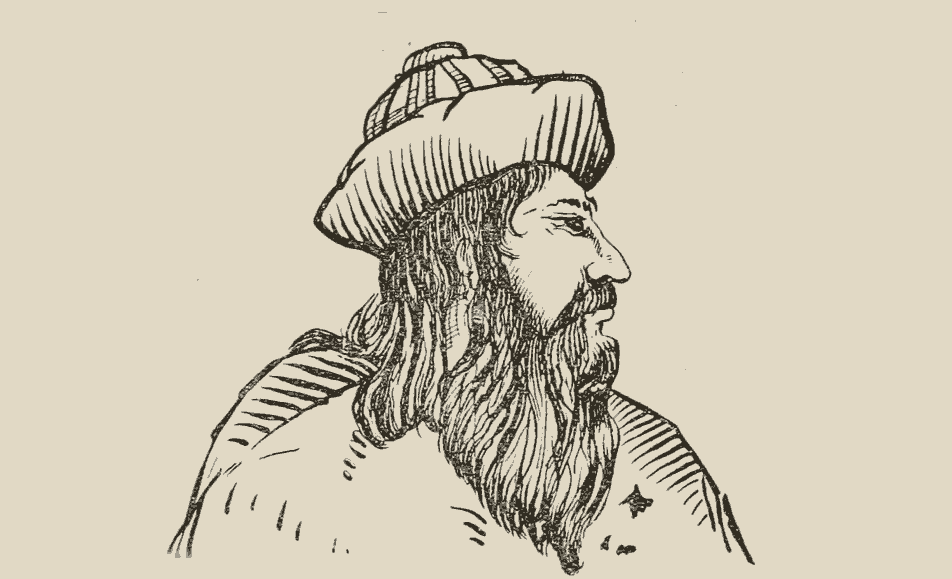
Symposium on Jewish Bioethics and Medical Halakha is underway. Discussion will be led by Alan Jotkowitz (Ben-Gurion University), Judah Goldberg (Yeshivat Har Etzion), and Ari Schick (Michigan State University).
For opening comments by Alan Jotkowitz, click here
For follow-up comments by Judah Goldberg, click here
For response by Ari Schick, click here
Feel free to join the conversation by posting a comment below!
Share This Event

Let me offer a few preliminary responses to Ari Schick’s insightful essay:
I fully welcome Ari’s call for both a broadening and re-centering of what we think of as Jewish bioethics. Ongoing discourse not only about public policy and the clichéd ethical dilemma but also about the experience of illness and the meanings we assign to it would answer a genuine yearning of Jewish practitioners to frame their own experiences in the context of our tradition.
As Ari notes, academic bioethics has pitched a roomy tent: The department in which I studied, for instance, unapologetically mixed philosophers and jurists with sociologists and anthropologists without needing to put forward a unifying theory of it all. Similarly, perhaps Jewish medical anthropology could complement the extensive halakhic discussions that abound in Jewish medical ethics. In writing about truth-telling, I contrasted a modern, rabbinic description of the physician—his or her role, authority, and relationship to the patient—with a Medieval one, suggesting that the modern version has less to do with Jewish tradition than with early 20th century perceptions of medicine (see endnote #8 in my opening statement). I would like to think that I stumbled just a bit into the territory that Ari is describing, though perhaps unknowingly.
That being said, I think a diverse Jewish bioethics department would still have room for the traditional “ethicist,” whose interest lies primarily in providing practical guidance and answering pressing questions, both public and private, albeit with broad vision. Admittedly, Alan and I might be biased in this regard (for better or for worse), in that we are both practicing clinicians and frequently encounter old-fashioned ethical questions that call for action just as much as puffed wheat, at the end of the day, needs the right ritual blessing. Here, I think questions of methodology are not somehow external or prefatory but rather are critical to the actual exercise and to the quality and usefulness of the result.
Finally, I have a question about Ari’s assertion that “the lack of Halakhic precedent or Talmudic sources is not problematic for Jewish Philosophy and Theology, which have ample resources outside of those (there are ideals and values embedded throughout the Jewish tradition) , and Jewish bioethics therefore has much to draw upon when Halakha is silent.” At the semantic level, does “Halakha” here mean codified Jewish law, or does it refer to the full corpus of rabbinic literature? (My mentor R. Aharon Lichtenstein closes his seminal essay, “Does Jewish Tradition Recognizes an Ethic Independent of Halakha,” discussed in this forum last April, by relating to the same ambiguity.) If Ari means the former, I fully agree; if the latter, then I profess my own allegiance to what in Hebrew is broadly called “Torah she-ba’al peh”(the Oral Tradition). Indeed, the last part of Rabbi Joseph Soloveitchik’s “The Halakhic Mind” is devoted to this topic, in which he argues that this expansive version of “the Halakha” is the objective data from which all inquiries of Judaism can proceed. The Jewish philosophical tradition, in his view, strayed from this path, incorporating elements which are not in any particular sense Jewish and sometimes having little connection to real, experienced Jewish living. To be sure, I don’t think we need to be overly rigid about Rabbi Soloveitchik’s directive. I would argue that a part of the “Oral Tradition” are the unspoken values and forces that are embodied in real Jewish practice and that they play an important role in ethical discourse as well. However, I do think that the rabbinic corpus should tether any attempted conceptions of Judaism.
I wouldn’t unnecessarily constrain discussions in Jewish bioethics from going outside the rabbinic corpus, in part because this would create the need to then define the rabbinic corpus. Even if we confined ourselves to a well-defined rabbinic corpus or corpora, we would then be moved to argue over which hermeneutics are legitimate or appropriate and which are not. I don’t think we ultimately profit from talking about methodological or textual constraints. The approach one takes, the texts ones turns to etc. will more than likely be those appropriate given the pragmatics of the situation. What is the nature of the question, who is asking, who is it being asked of ought to determine the resources we feel most comfortable turning to.
For example, if a family comes to a rabbi or ethicist asking about the permissibility of donating their loved-one’s organs after death by neurological criteria then they are asking a halakhic question. But what happens if after deciding to proceed based on the acceptance neurological/respiratory criteria they say, wait, he’s not fully dead yet, and we’d like to “say goodbye” before the body is taken away for procurement? Do you say that halakhicly we have determined him to be dead, so doing so would be inappropriate? Or do you look past the binary categories of the halakhic discourse and try to find other resources, whether textual or otherwise, to help make sense of the situation?
Hello,just wanted to tell you,I enjoyed this post. It was inspiring. Keep on posting!